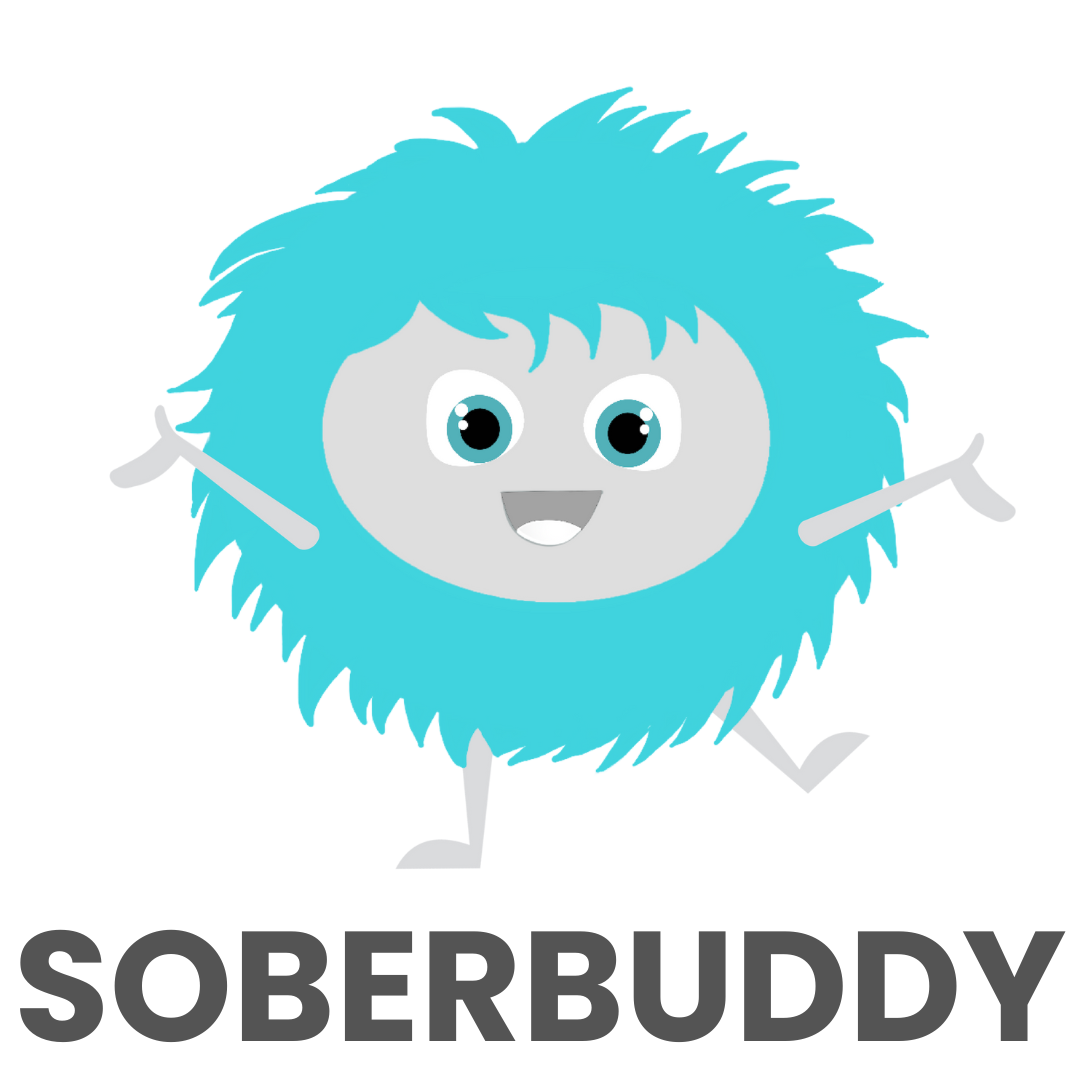Drug addiction is a complicated disease, brought on by many different situations and factors, but it’s a disease which can be treated, and one which does not have to ruin your life forever. The faster you can get help, the less damage there will be to treat, but you’re never too far gone to recover. Below, we describe the symptoms of drug addiction and some common myths about recovery.
Drug abuse is not the same as addiction. When you are abusing drugs it is causing problems, but it is not yet a physical dependency. Addiction means your body is physically dependent on the drugs.
Some of the symptoms of abuse include:
- Risky behavior while using. Driving while high, unsafe sex, getting in fights, etc.
- Neglecting responsibilities. Letting childcare, work, household chores, school, and other social responsibilities fall to the wayside.
- Legal trouble. DUIs, theft (or dealing) to support a drug habit, etc.
- Relationship problems. fights and loss of respect or trust from your friends, family, and employers.
- Problems at work. risk of losing your job, being suspended from positive drug test, poor performance or high absenteeism.
When abuse escalates into addiction, additional symptoms start to occur, a lot of them more physical than mental or social, but not exclusively. These symptoms include:
- Tolerance. It takes more and more of a substance to get high.
- Withdrawal. If there’s too big a gap between uses of a drug, symptoms such as anxiety, nausea, sweating, shaking, depression, insomnia, and restlessness set in, not letting up until the next dose, and physically driving you to obtain more of the drug at any cost.
- Obsession and loss of control. You spend a lot of time thinking about drugs, how to get them, on drugs, or recovering. Once you have obtained drugs, you use more often and in higher quantities than intended, feeling powerless to stop it.
- Abandonment of activities. You’ve stopped doing things you used to enjoy because of your drug use.
- Using despite negative consequences. You know that your drug use is hurting you, making you physically and mentally unwell, and wreaking havoc on your daily life, but it doesn’t seem to matter, or even if it does, you still can’t stop.
There are many myths about recovery from drug abuse and addiction, none of which are true or helpful, and which can often make you not want to get help. These myths include:
- You can’t recover until you’ve hit rock bottom. This is absolutely untrue. It is best to catch an addiction early, or at least while as little harm as possible has been done, and it’s actually easier to recover if you don’t have to pull yourself from the wreckage of your life. If you feel like you’re helplessly plummeting toward rock bottom, you can step off that ride and get some help before it happens.
- Addiction is a disease, so you can’t recover. This is mostly false. Addiction is a chronic disease that is with you for life, but it can be treated, and the symptoms can be managed through abstinence and therapy. It’s not like going to the doctor to get antibiotics if you’re having a bout of pneumonia, though. Even once your addiction is under control, it hasn’t been cured–once you’re addicted, it’s impossible to use a substance in a healthy manner.
- Treatment doesn’t work. Nearly always false! A lot of people try recovery once, relapse, and give up. This is because they’re making the mistake that relapsing means you’ve failed. This is not true! Relapsing doesn’t mean you’ve ruined everything forever and need to give up, and just because a treatment takes a while to work doesn’t mean it’s not working at all. Relapses are common, especially at first. Like most things, though, the answer is not to give up, but to get back up and try again, perhaps with a different therapist or style of treatment if you felt that the previous one was deeply unhelpful.
- Overcoming addiction is simply a matter of willpower. This one is both extremely false and actually harmful. While you do need to participate in your own recovery, it’s astronomically difficult to overcome addiction by yourself. ( Waking up one morning and telling yourself you will never use again is not that easy.) Drug exposure can alter your brain chemistry until your brain starts classifying drug use under the same category as eating, drinking, breathing, and sleeping. Ever tried to stay awake for a solid week, or hold your breath until you pass out? It’s nearly impossible. This is usually a good thing, because your body is attempting to make sure you don’t accidentally die, but not in the case of addiction, where your body is convinced it needs something when it doesn’t. In some cases, trying to stop drug use cold turkey can end in your body going into crisis and shutting down, which has serious medical consequences. That’s why you need outside help. For some drugs, a doctor can manage your withdrawal symptoms with medication so you don’t go into crisis mode, and for any drug, therapists or rehab clinics can provide outside reinforcement and support.
If all this seems familiar to you, and you’re thinking you might have a drug problem, please consider talking to a doctor, addiction counselor, specialist, or even your local anonymous addiction hotline to figure out your next steps. Please do not attempt to quit before talking to a doctor. Quitting abruptly can often lead to serious medical problems, and a doctor can keep that from happening. There are many, many people in the United States with drug problems, so you don’t need to feel alone and ashamed. You can recover, and you don’t have to do it on your own.

